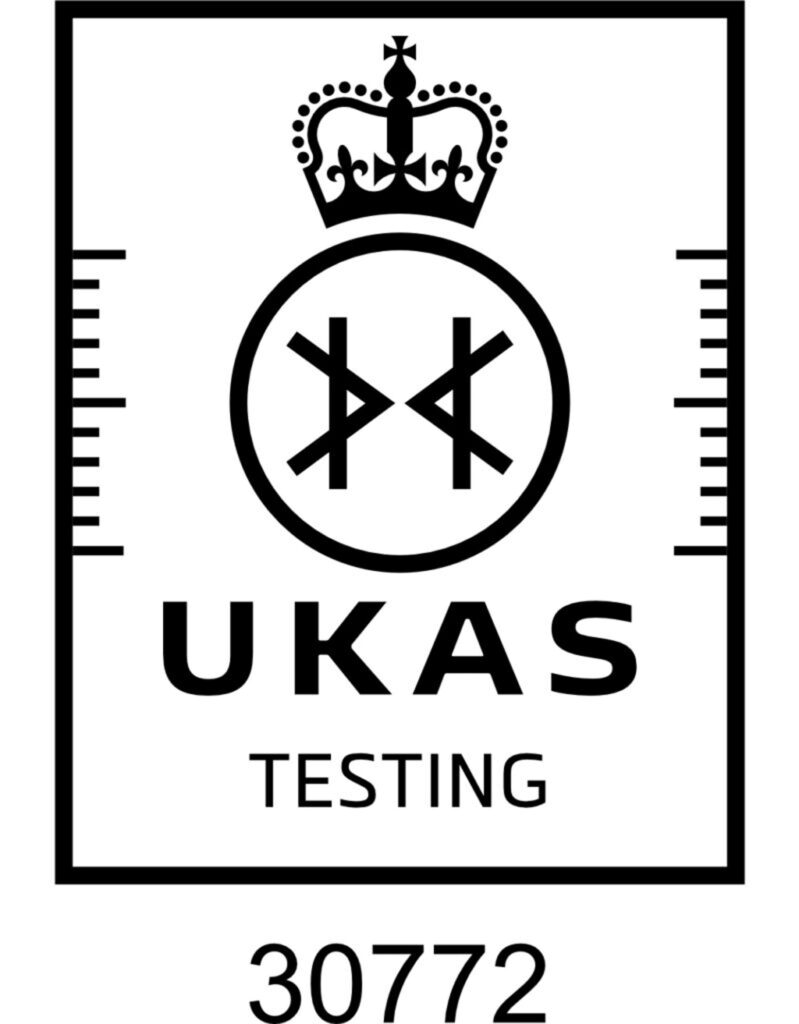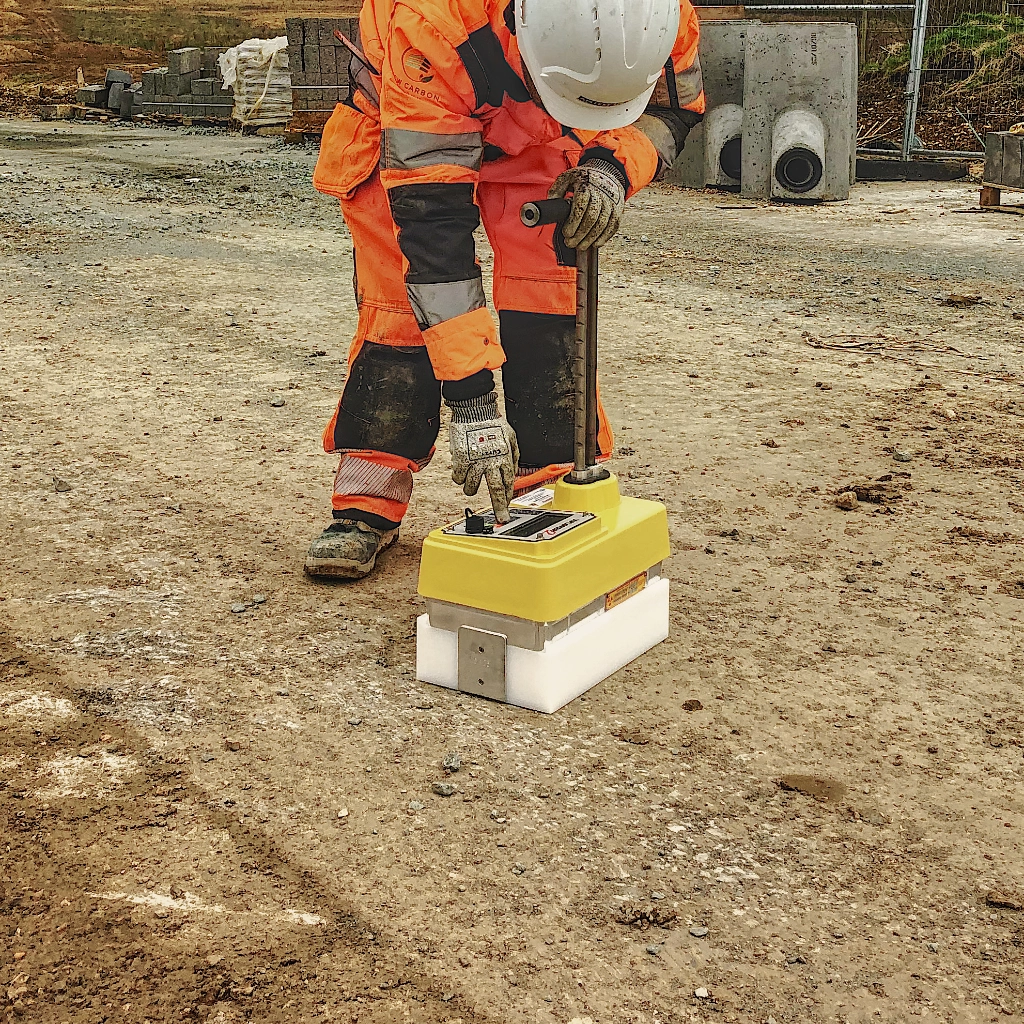
The in-situ bulk density nuclear method is a non-destructive test used to determine the bulk density and moisture content of soil or compacted layers in earthworks. This test employs a nuclear density gauge, which uses radioactive isotopes to measure the density and water content of the material directly at the site.
This method is essential for ensuring that soil or other compacted materials meet the required density specifications for structural stability and load-bearing capacity. It is commonly used in road construction, embankments, and other large-scale earthworks where compaction quality directly affects the performance of the project.
Example: A contractor building a highway might use this test to confirm that the sub-base material meets the compaction standards required for long-term durability.

AMTEST UK Ltd delivers top-tier services to civil engineering and infrastructure clients across the UK, backed by expert in-house concrete consultants.
Unit A 2D/6, Project Park, North Crescent, London E16 4TQ
The in-situ bulk density nuclear method is a non-destructive test used to determine the bulk density and moisture content of soil or compacted layers in earthworks. This test employs a nuclear density gauge, which uses radioactive isotopes to measure the density and water content of the material directly at the site.
This method is essential for ensuring that soil or other compacted materials meet the required density specifications for structural stability and load-bearing capacity. It is commonly used in road construction, embankments, and other large-scale earthworks where compaction quality directly affects the performance of the project.
Example: A contractor building a highway might use this test to confirm that the sub-base material meets the compaction standards required for long-term durability.